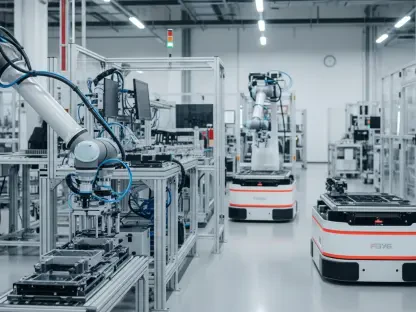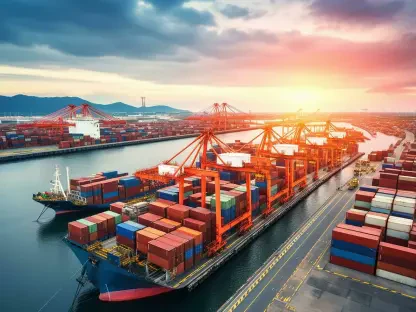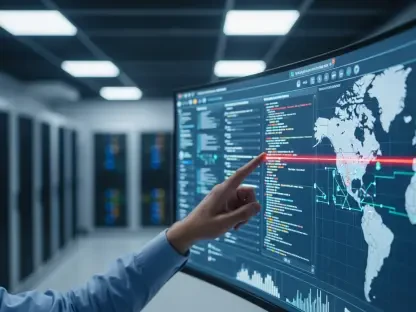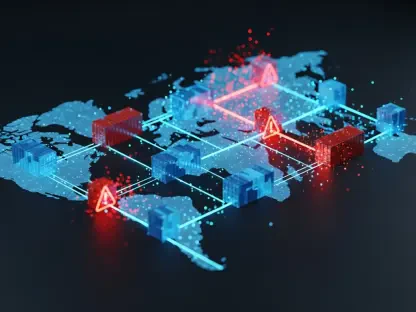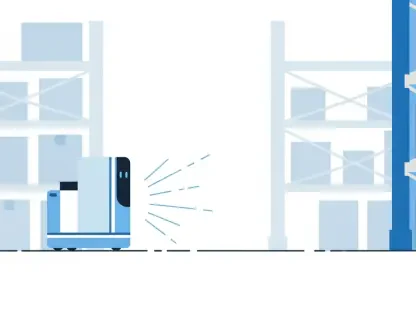In response to the increasingly stringent regulatory environment for imports within the European Union, Frankfurt-based air cargo software provider Allivate has unveiled its new “Easy Transit” module. This innovative solution addresses the pressing challenge of compliance posed by the latest phase five of the New Computerised Transit System (NCTS). This recent update mandates that all shipments be declared at the goods item level, incorporating a six-digit Harmonized System (HS) code as required by the Union Customs Code (UCC).
Allivate’s Easy Transit module integrates seamlessly with the Fair@Link Cargo Community System, significantly reducing the manual data entry traditionally associated with customs clearance. Managing Director at Allivate, Martina Schikorr, noted the tangible impact of the new regulations, with approximately a quarter of the imports processed at Frankfurt Airport being directly affected. By automating the majority of necessary input fields, the module not only alleviates the increased administrative burden but also mitigates the risk of non-compliance.
Currently, two major freight forwarders have adopted the Easy Transit module, illustrating its immediate utility and efficiency in managing the NCTS5 process. This adoption underscores a noteworthy trend toward digitalization within the logistics industry. By emphasizing streamlined operations and efficient regulatory adherence, Allivate’s solution reflects a broader industry movement aiming for optimized trade and transport procedures. The digitalization of logistics is fast becoming essential in ensuring that all players within the supply chain can navigate the evolving landscape of customs regulations with agility and precision.
The innovative Easy Transit module promises real-time benefits for logistics providers grappling with the complexities of modern-day customs requirements. By leveraging this tool, companies can focus on ensuring uninterrupted operations while maintaining full compliance with regulatory standards. This development highlighted the industry’s commitment to adopting advanced technological solutions to meet contemporary challenges, ultimately fostering smoother and more efficient global trade practices.

